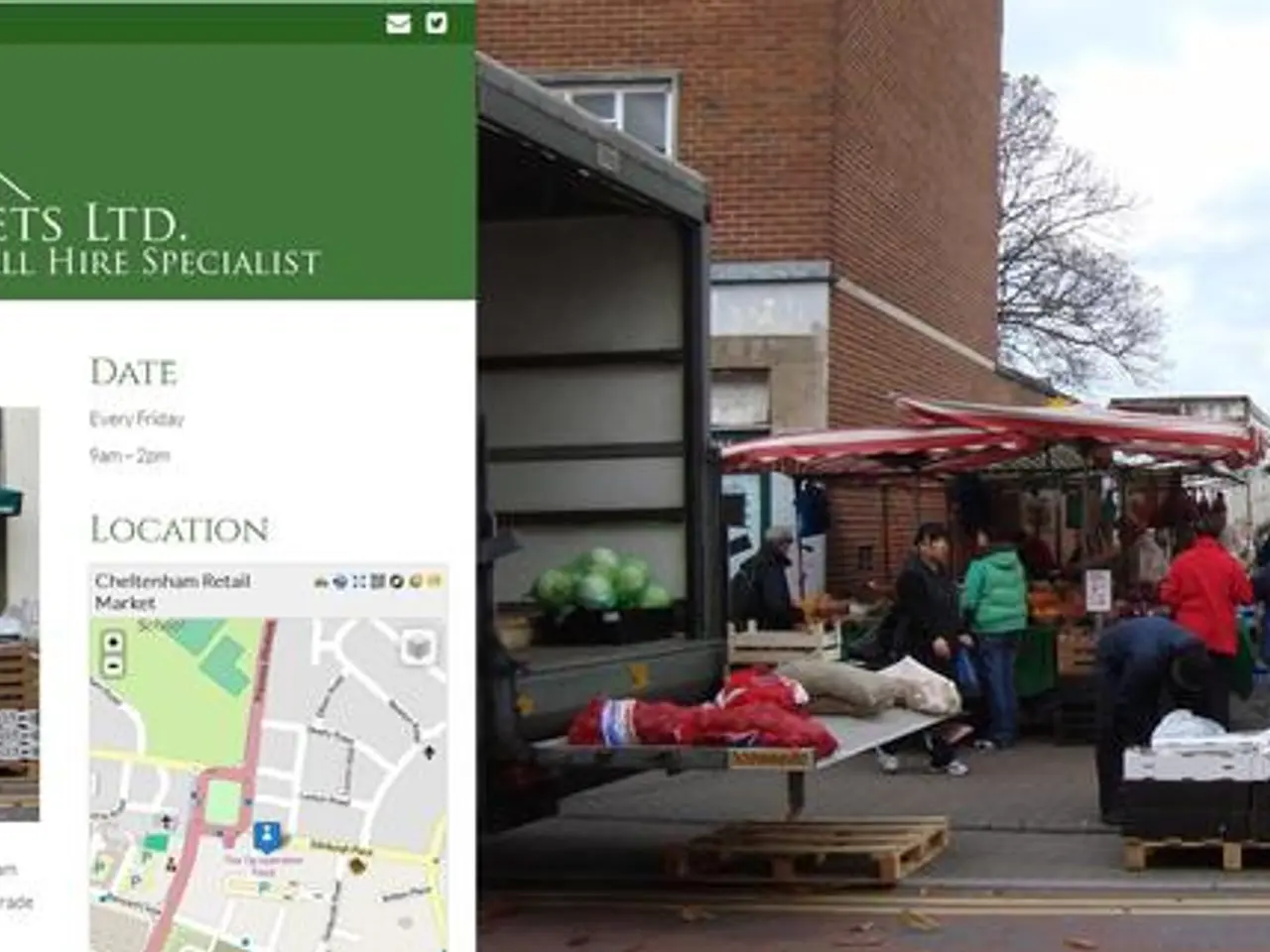Electric vehicles in Spain experience increased use due to savings on gasoline expenditure.
The electric car is no longer a distant option, as Spain is steadily moving towards electrification. This transition is driven by a combination of stricter emission regulations, growing government incentives, and increasing consumer awareness about environmental benefits.
According to a recent study with 5,000 respondents, the electrification of Spain's automotive fleet is a collective challenge, involving all actors understanding the need for a new mobility culture. Faconauto, representing 2,143 dealerships for passenger vehicles, industrial vehicles, and agricultural machinery, plays a pivotal role in this process.
Dealerships are essential agents in the purchasing decision, resolving doubts, comparing technologies, managing aids, and instilling confidence. They generate 163,000 direct jobs and have an annual turnover of 48,000 million euros, representing 3% of Spain's GDP.
However, consumer preferences are still strongly influenced by challenges such as the high purchase price of electric vehicles (EVs), limited charging infrastructure, and concerns about driving range (autonomy). The purchase price is the main obstacle to buying an electric car, with 19.2% of respondents citing it as an issue. Limited range is the second most cited obstacle, with 18.3% of respondents mentioning it. Technological uncertainty is the third most cited obstacle, with 14.4% of respondents mentioning it.
The need to adapt to low-emission zones is the third most popular reason for switching to EVs, with 16.9% of responses. Environmental awareness is the second most popular reason, with 22.9% of responses. Interestingly, despite these concerns, 31.9% of respondents would now choose a pure electric or plug-in hybrid car.
If savings are the primary motivation for switching to electric cars, creating an environment that reinforces those savings is important, according to José Ignacio Moya, director general of Faconauto. Improving financing conditions, like the Green Car Loan offered by entities like BBVA, is crucial to turning intention into concrete sales.
The electrified offers in dealerships need increased visibility to turn perceived savings into a tangible advantage. Expansion of charging points in residential, workplace, and public locations is critical to alleviate range anxiety and support EV use. Europe aims for rapid growth in these installations, a trend that directly impacts Spain as part of the EU’s broader strategy.
Advances in battery technology and decreasing EV production costs are gradually addressing range and price concerns, enhancing consumer acceptance. The shift in priorities could accelerate the electrification process, as suggested by José Ignacio Moya. Diesel is preferred by 20.8% of respondents, while gasoline still leads with 36.4%.
In summary, while consumer demand for EVs in Spain is growing, adoption faces significant hurdles related to cost, charging infrastructure, and vehicle autonomy. These challenges are actively being addressed through policy measures and technological progress, making the path towards a more sustainable future clearer than ever.
Personal-finance institutions, such as BBVA, can play a significant role in overcoming the high purchase price obstacle for electric vehicles (EVs) by offering green car loans.
Advances in battery technology and decreasing EV production costs, coupled with improved financing conditions, may accelerate the adoption of EVs and contribute to Spain's transition towards a more sustainable future.




